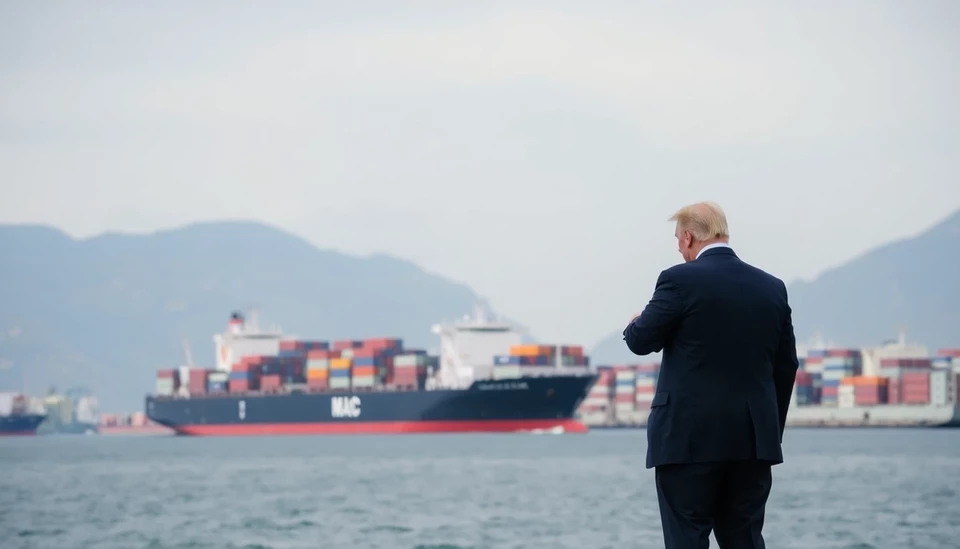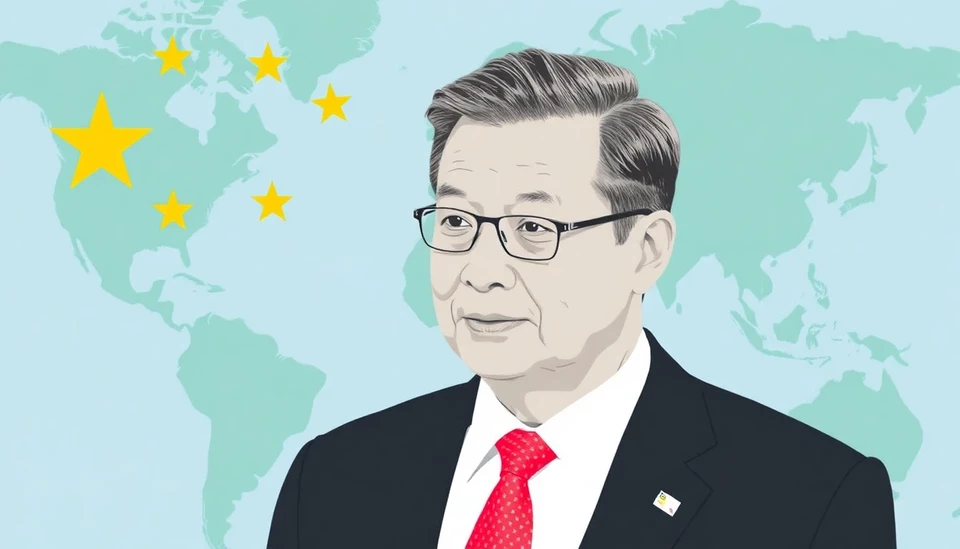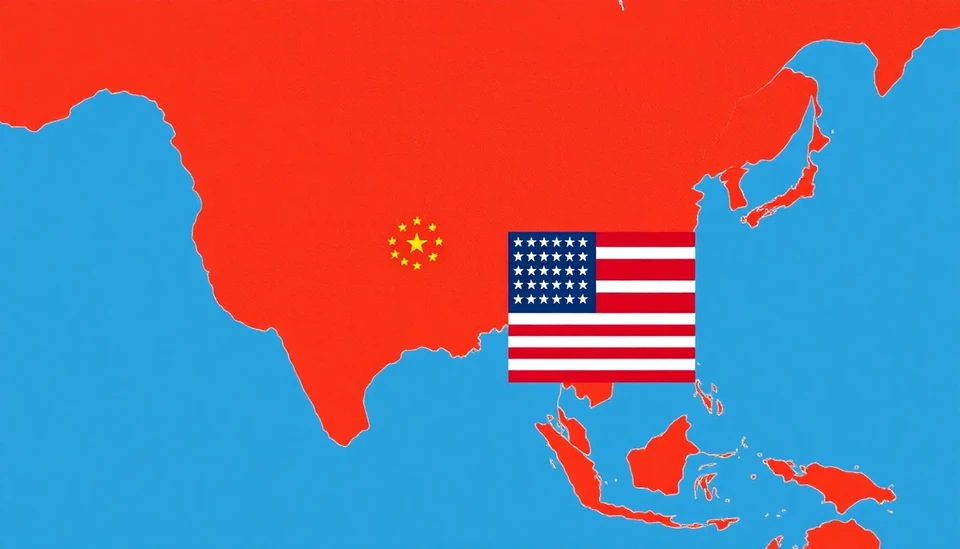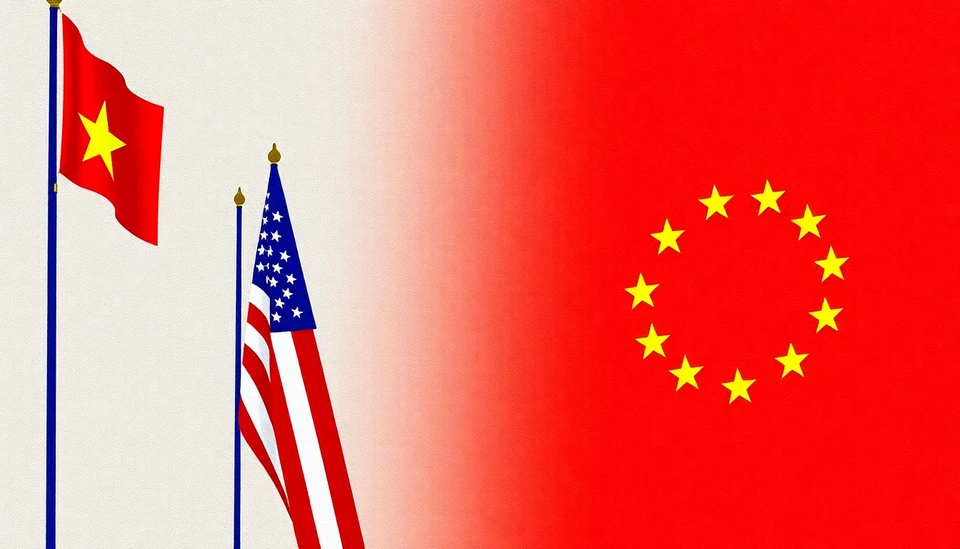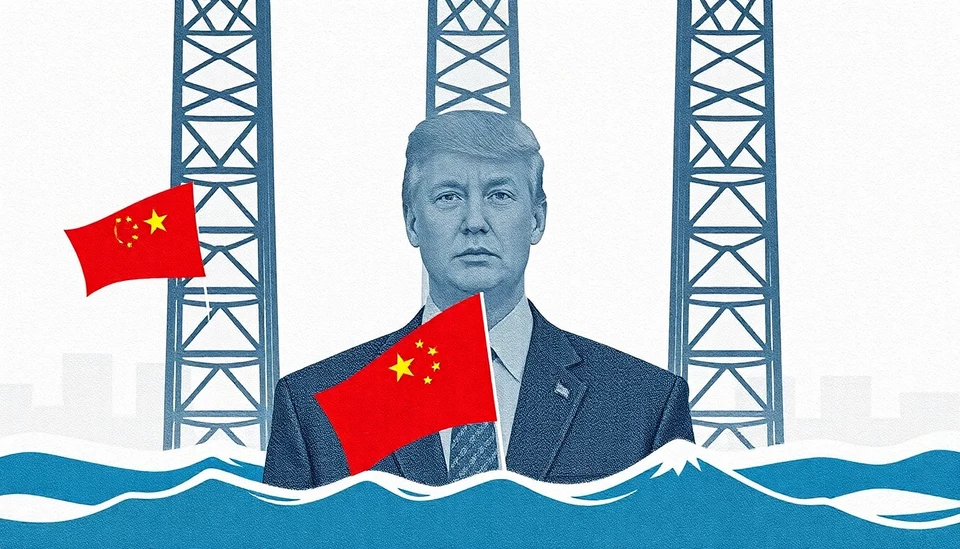
In the latest podcast episode from Bloomberg, analysts dive deep into the complex dynamics of the ongoing trade war initiated by former President Donald Trump and explore how China is strategically maneuvering to withstand the economic pressures and retaliatory measures that have ensued. The podcast emphasizes that despite the challenges presented by tariffs and trade restrictions, China has demonstrated remarkable adaptability, enabling it to mitigate the impact of these trade barriers.
The trade conflict, which began in 2018 as part of Trump's broader policy aimed at reshaping America’s economic relationship with its largest trading partner, has escalated with significant repercussions on supply chains, global trade patterns, and economic growth rates. In recent discussions, experts have underscored that while tariffs were initially beneficial to some American industries, the broader ramifications have also led to a substantial disruption of global markets, which has affected both American and Chinese economies.
Experts suggest that China has not only been resilient but has also adopted a multifaceted approach to combat the trade war’s effects. This includes diversifying its markets to reduce dependence on American imports, boosting domestic consumption, and investing heavily in technology and innovation. Analysts noted that these strategic shifts have not only helped Beijing to counteract the immediate economic fallout of retaliatory tariffs but have also laid the groundwork for long-term growth beyond the obstacles posed by the trade war.
Furthermore, the podcast highlights the significance of China's Belt and Road Initiative, which aims to enhance global trade links by building infrastructure and trade networks across Asia, Europe, and Africa. This initiative is viewed as a vital tool for China to assert its influence on international trade and to create new economic partnerships, further diluting the weight of U.S. economic power in the region and beyond.
The discussion also touches on the role of Chinese consumers in this evolving landscape. As the middle class in China continues to expand, there is an increasing emphasis on domestic consumption. This shift is crucial as it provides a buffer against U.S. tariffs, allowing the Chinese economy to sustain growth independent of exports. Experts assert that as consumer demand strengthens within China, it enables the nation to weather external economic shocks more effectively.
Moreover, Chinese companies are reevaluating their supply chains and seeking new markets to maintain competitiveness amidst uncertainties. The podcast elucidates how the tech sector, in particular, is leveraging this moment to innovate and expedite the shift towards self-reliance in critical technologies like semiconductors and artificial intelligence, which are essential for the nation’s future economic strategies.
In summary, the podcast presents a comprehensive analysis of how China is not simply enduring the pressures of Trump's trade policies but is actively adapting and finding new pathways for growth and influence. As the world watches the unfolding economic saga, the strategies employed by China in response to the trade war will likely serve as a blueprint for other nations facing similar challenges in a rapidly evolving global economic landscape.
The episode concludes with a thought-provoking reflection on the future of international trade and the potential effects that ongoing tensions will have on global economic relations in the years to come.
#ChinaTrade #TradeWar #TrumpAdministration #EconomicResilience #GlobalTrade #BeltandRoad #ConsumerEconomy #Innovation #TechIndustry #SupplyChainManagement
Author: Rachel Greene
